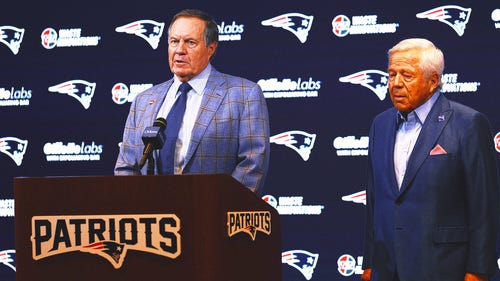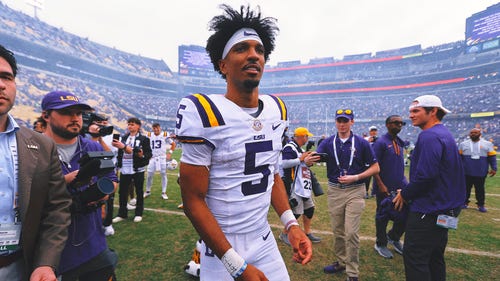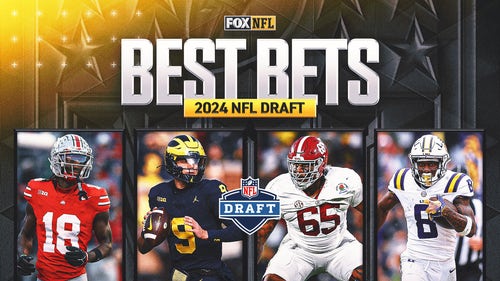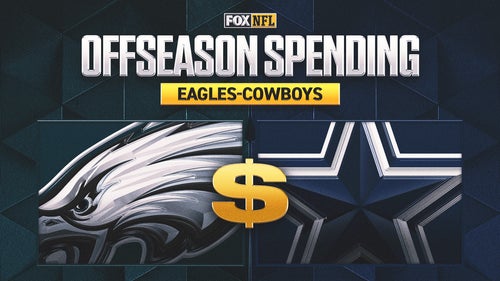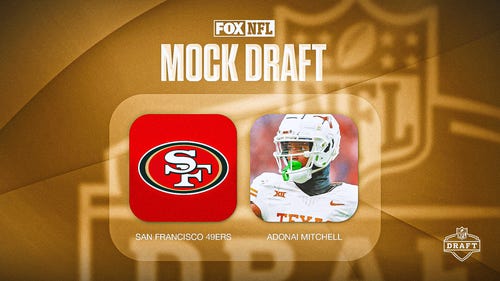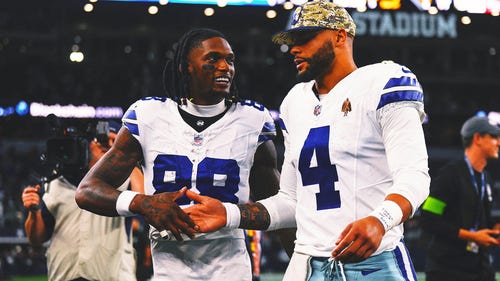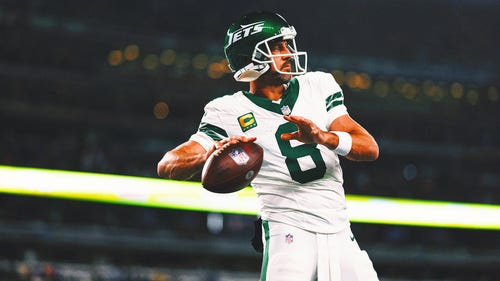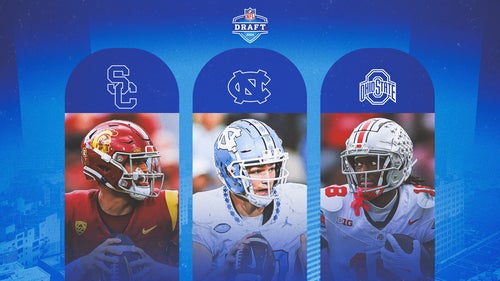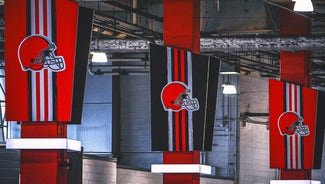
Latest concussion suit cites bounties
The four former NFL players who sued the league on Monday in a state court in Atlanta could be leading a wave of new lawsuits that cite the New Orleans Saints' bounty system for hard hits as evidence that pro football didn't properly protect its players from concussions.
Legal experts and trial attorneys say they expect more complaints against the NFL to point to the Saints' scandal after the ex-players filed suit contending the bounty system was another example that the league ''explicitly relied on violence'' and neglected to educate players on the dangers of concussions.
The claims give the new lawsuit an ''added vitality'' if attorneys can use it to bolster the idea that there's activity in the sport that goes beyond the typical violence associated with pro football, said Paul Haagen, co-director of the Center for Sports Law and Policy at Duke University.
''It adds color'' to the complaint, Haagen added. ''And by raising it you hope to raise a general buzz in the public that this is an issue.''
The NFL's investigation found that former Saints defensive coordinator Gregg Williams offered thousands of dollars in cash payouts for violent hits over the past three seasons, including when the team won the Super Bowl. And while the four players named in the lawsuit don't claim to be victims of the scheme, they say it is indicative of a culture that has left them and other ex-players with debilitating conditions.
''There is nothing new or unique about what Gregg Williams said. Although the NFL has now punished Williams and the Saints, for almost its entire history the NFL glorified violent hits,'' said the complaint. ''It encouraged its players to think of themselves as gladiators. But, along the way, the NFL failed to educate its players about the consequences of such a win-at-all costs mentality.''
NFL spokesman Brian McCarthy said any allegation that the league intentionally sought to mislead players is without merit.
''It stands in contrast to the league's actions to better protect players and advance the science and medical understanding of the management and treatment of concussions,'' he said.
The lawsuit was filed on behalf of Myron Guyton, who played for the New York Giants and New England Patriots in the 1980s and 1990s; Lomas Brown, who played for five teams over a 17-year career that ended in 2002; Jessie Small, who played for the Philadelphia Eagles, the Phoenix Cardinals and the Houston Oilers between 1989 and 1993; and Willie Whitehead, who played for the San Francisco 49ers and New Orleans Saints from 1995 to 2006.
Atlanta attorney and NFL agent Von DuBose filed the lawsuit on behalf of the four players and their wives. He said the men suffer from memory loss, headaches, depression and other symptoms characteristic of those with traumatic brain injuries. They are among more than 1,000 former NFL players suing the league, according to lawyers involved. The cases say not enough was done to inform players about the dangers of concussions in the past, and not enough is done to take care of them today.
''I've been hearing this stuff for years. And it instantly made sense when this concussion information started to come out,'' said DuBose. ''The dots started to connect.''
Gabe Feldman, a sports law professor at Tulane University, said the reference to the bounty system could help plaintiffs paint a picture of the sport as ''not only violent but unnecessarily violent.'' Although he doubts the new claim will be a ''game changer,'' he expects more lawsuits to cite the scandal.
''It certainly could be persuasive in the eyes of a jury,'' he said.
The complaint filed Monday goes far beyond targeting the bounty system. It also says the league encouraged players to view themselves as warriors and sold films that lionized the most brutal hits, such as the 1992 NFL Films production, ''The Best of Thunder and Destruction.'' And it seeks to force the league to better educate players on the dangers of traumatic head injuries during the crucial period immediately after the draft.
The league's investigation found that Williams offered off-the-books cash payments of $1,500 for ''knockouts,'' in which an opposing player was knocked out of a game, or $1,000 for ''cart-offs,'' in which an opponent needed help off the field. The league has said the bounty pool grew as large as $50,000, and that as many as 27 Saints defenders may have taken part.
The investigation led to the indefinite suspension of Williams, who had taken a position with the St. Louis Rams and has since apologized for running the system, and the season-long suspension of Saints coach Sean Payton, who was found to have initially lied about the existence of a bounty program and instructed his defensive assistants to do the same.
NFL commissioner Roger Goodell last week rejected an appeal of Payton's season-long suspension.
Some legal analysts said claims from players who weren't involved in the bounty system may not survive a challenge from defense attorneys.
''Everyone knows, including anyone who's played in the NFL, that it's a violent game, said Matthew Mitten, the director of the National Sports Law Institute at Marquette University. ''You didn't need the unfortunate circumstances of bounty-gate to tell us that.''
But Bruce Hagen, an Atlanta attorney who has filed two lawsuits involving 33 different players, said the bounty system could play an important part in the lawsuits working their way through the courts.
''It shows that it's an institutionalized effort by management to go outside the bounds of the game as a way to motivate players even if it means intentionally having them injured,'' he said. ''And that's wrong.''






































































































































